The Phu Tho Provincial Investment Promotion and Enterprise Support Center is assigned to manage the headquarters of the Vinh Phuc Provincial People's Committee (old) - which is currently being used by many units. (Photo: Hoang Hung/VNA)
After a major administrative reorganization, thousands of abandoned or inefficiently used public offices and lands are becoming a significant management challenge.
If not dealt with decisively and transparently, this valuable resource will continue to be wasted, reducing its opportunity to become a driving force for development.
From July 1, the two-level local government model was officially deployed in 34 provinces and cities, marking a turning point in reforming the state apparatus.
Along with the expectation of a streamlined, effective and efficient apparatus is a significant challenge: thousands of redundant public headquarters and real estate after the merger are facing the risk of becoming a budget burden if not handled promptly.
The headquarters of the Department of Culture, Sports and Tourism of Ca Mau province (on Phan Ngoc Hien Street, Ca Mau City) is no longer in use after being moved to a new location. (Photo: Kim Ha/VNA)
According to the Ministry of Finance , by the end of 2024, there will still be more than 11,000 public housing and land facilities nationwide that have not been effectively handled; many of which are occupied or seriously degraded.
The abolition of district level in many localities has caused a sharp increase in surplus public assets.
According to the National Assembly Standing Committee, out of more than 38,000 public offices in 52 localities that have been rearranged (except for 11 localities that remain the same), up to 4,226 offices are redundant.
Faced with this situation, the National Assembly, the Government, and the Ministry of Finance have requested localities to urgently review and develop plans to use or handle surplus public assets in accordance with the provisions of the Law on Public Asset Management. Many provinces and cities have proactively reviewed and reported the list of assets that need to be handled.
Cao Bang Province (old) has 2,088 facilities; of which 1,835 continue to be used; 193 facilities are internally regulated, with priority given to education, health care, and public institutions.
With 60 surplus facilities, the locality has a clear plan: facilities that meet the planning will be auctioned, the rest will be handed over to functional units for exploitation and management.
Or in Hoa Binh province (old), now Phu Tho province, the handling of surplus public assets is organized systematically. The province has issued a specific plan, assigning the Department of Finance to coordinate with districts and cities to inventory and develop a plan to handle each headquarters, office building, land, and public cars that are no longer needed.
The relocation of new commune-level headquarters is also carefully calculated, prioritizing locations convenient for people to conduct transactions and taking advantage of existing facilities, avoiding wasteful new construction.
As of June 2025, according to a report from the former Hoa Binh Department of Finance, nearly 90% of surplus public assets had a plan for handling or were in the process of appraisal and approval.
Some old headquarters were converted into commune-level public administrative centers, kindergartens, or rented out in accordance with regulations to increase budget revenue.
However, in some localities, the progress of implementation is still slow. Many provinces and cities are still confused in classifying assets, determining value and developing specific treatment plans.
In Hai Phong, the locality still faces difficulties in coordinating with central agencies, because some units have not clearly identified their need to use headquarters, causing the locality to not have enough basis to develop a handling plan.
In addition, there are many problems such as: the ownership of assets of central agencies has not been established; legal overlap between the Land Law, the State Budget Law and the Public Property Law; lack of specialized human resources at the grassroots level; fear of responsibility and imbalance, where some places have excess headquarters, while others lack land to build schools and hospitals.
The Ministry of Finance has assessed that the number of surplus houses and land is still very large. According to Deputy Minister of Finance Bui Van Khang, handling surplus public assets is a difficult, complicated but mandatory task.
An abandoned redundant office in Nga Son district, Thanh Hoa province, causing waste. (Photo: Nguyen Nam/VNA)
If not done seriously, it will directly affect the effectiveness of operation, management and socio-economic development. Therefore, the Ministry of Finance requires units to focus on directing the development of exploitation and handling plans in accordance with legal regulations; at the same time, strengthen inspection and examination to promptly detect and handle cases of slow or illegal implementation.
For housing and land facilities that have been arranged and reorganized to serve as working headquarters and public service facilities, if after a period of operation problems arise, the arrangement and reorganization shall continue to be carried out to ensure working conditions for cadres, civil servants, public employees and workers according to the provisions of law; at the same time, best meet the needs of providing public services and handling administrative procedures for people and businesses.
The Ministry of Finance also noted that agencies should promptly update and disseminate new regulations on management and use of public assets to the commune level; based on current decrees and decisions to determine standards and norms for the use of public assets for each unit, as a basis for investment, procurement, management and disposal of assets in accordance with regulations.
Nguyen Tan Thinh, Director of the Department of Public Asset Management, Ministry of Finance, said that the top principle when arranging surplus public assets after the merger is to ensure the stable operation of the apparatus after the arrangement. Accordingly, selling or transferring surplus public assets is not encouraged, but prioritizing the arrangement for public purposes such as education, health, social culture or transferring to central agencies located in localities.
The Ministry of Finance will continue to accompany and closely coordinate with localities to promptly resolve difficulties and problems arising during the handling process. Issues beyond its authority will be compiled and reported to higher levels for appropriate and timely direction./.
According to VNA
Source: https://baothanhhoa.vn/xu-ly-tai-san-cong-doi-du-sau-sap-xep-tinh-gon-bo-may-viec-kho-cung-phai-lam-257121.htm


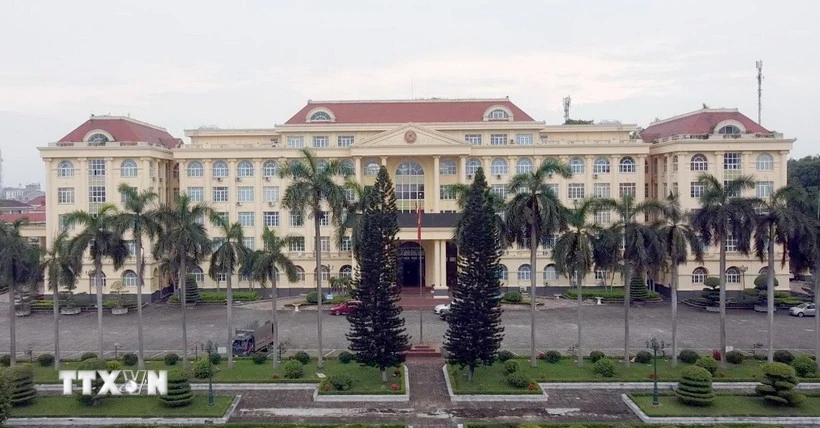
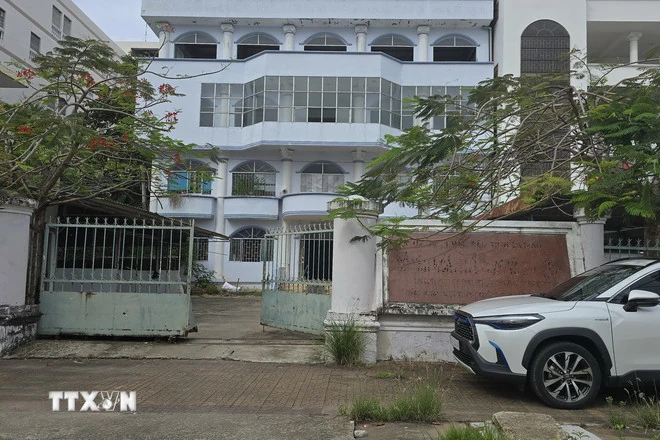
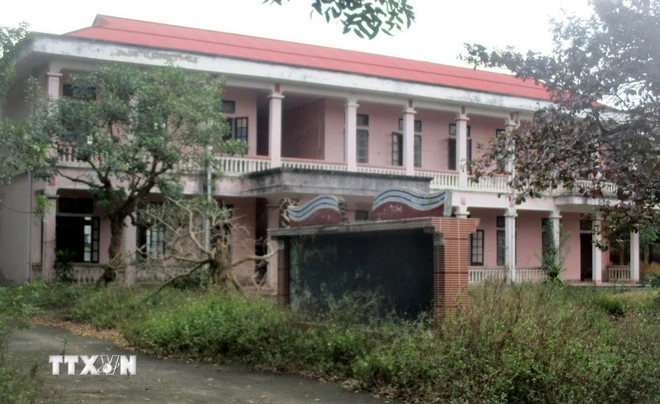

![[Photo] Closing of the 14th Conference of the 13th Party Central Committee](https://vphoto.vietnam.vn/thumb/1200x675/vietnam/resource/IMAGE/2025/11/06/1762404919012_a1-bnd-5975-5183-jpg.webp)



![[Photo] Prime Minister Pham Minh Chinh receives the delegation of the Semiconductor Manufacturing International (SEMI)](https://vphoto.vietnam.vn/thumb/1200x675/vietnam/resource/IMAGE/2025/11/06/1762434628831_dsc-0219-jpg.webp)
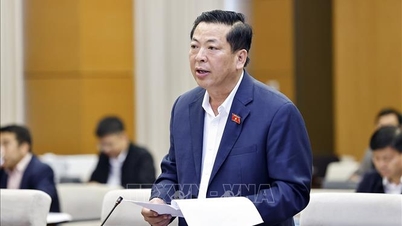



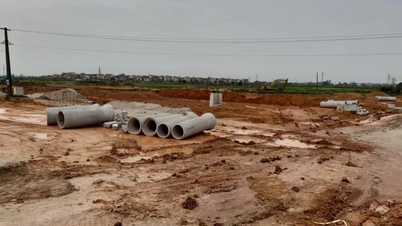

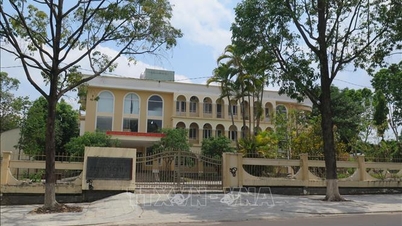







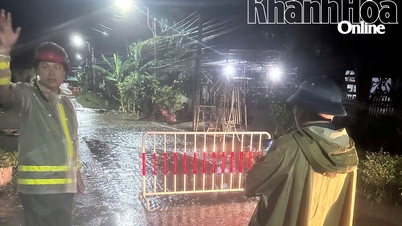











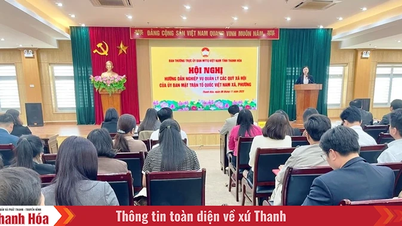





































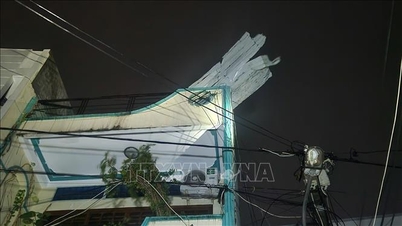
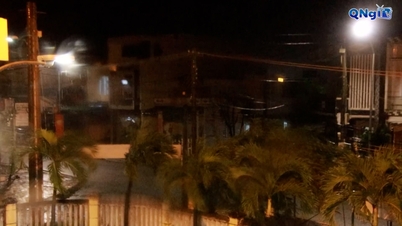
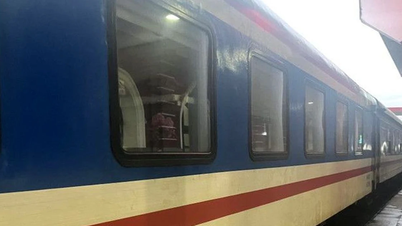

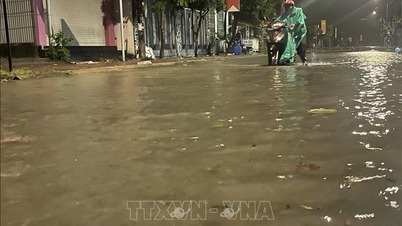

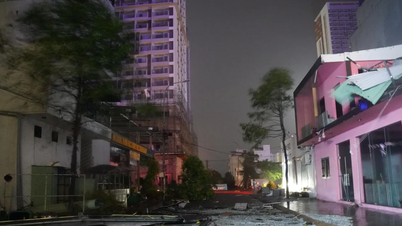










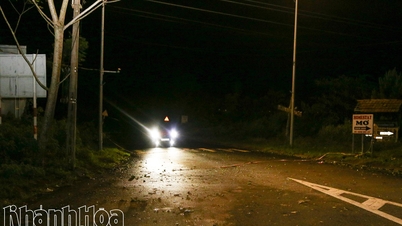
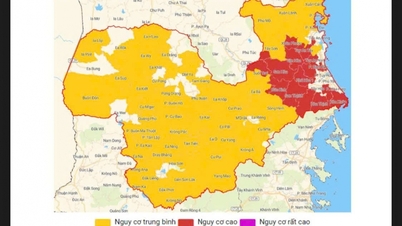




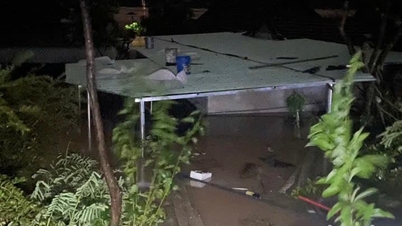















Comment (0)